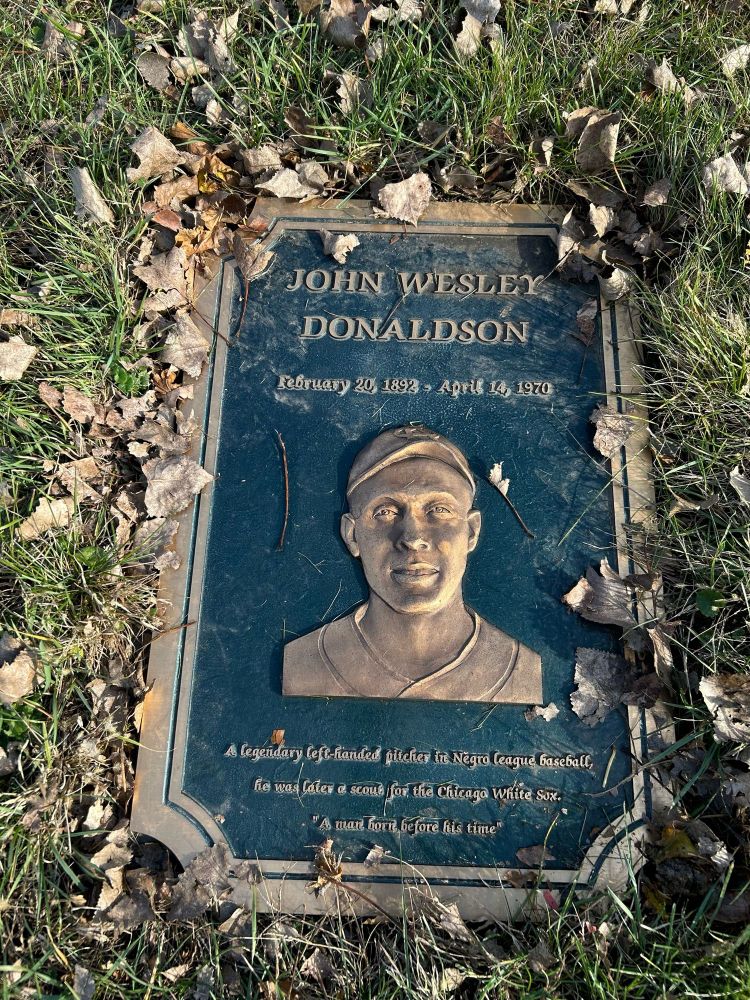What ballot he was on: 2025 Classic Baseball Era Committee ballot
How he did: Elected to the Hall of Fame on Dec. 8, 2024, with 14 of 16 votes
Previous known times he’d been a Veterans Committee or Era Committee candidate: 3
Previous highest showing as a veteran candidate: Parker received seven votes from the then-Modern Baseball Era Committee in its 2020 election.
Number of times he appeared on a Baseball Writers Association of America ballot for the Hall of Fame: 15
Thoughts on his candidacy this year: Dave Parker’s election to the Hall of Fame is progress. I don’t mean this in the sense that I consider his election the righting of some long injustice related to his individual candidacy. While Parker was one of the most celebrated players in baseball in his prime, winning the 1978 National League Most Valuable Player Award, he wasn’t one of the two candidates I cared most about this year, namely Dick Allen and Vic Harris. By traditional statistical measures, Parker is a middle-of-the-pack Hall of Fame outfielder. By sabermetrics, he’s more than likely near the bottom of the pack.
All the same, I’m happy to see Parker will be standing on the dais in Cooperstown next summer, in part because the Hall of Fame went 16 years without enshrining any living players as veteran candidates after Bill Mazeroski in 2001. And even after that trend began to reverse in recent years, starting with Alan Trammell and Jack Morris’s enshrinements in 2018, there’ve still been players who’ve died before they could go in since, notably Allen, who finally got in posthumously today. The veteran voting process remains restricted at the moment, with the same eras of players generally not being considered in consecutive years.
I feel about Parker’s pending enshrinement a bit like I felt about Harold Baines getting inducted in 2019. Neither has a good case sabermetrically. In fact, one could even argue that Baines and Parker each have lackluster cases by advanced stats. There are many candidates I care more about and increasingly, this is skewing toward Negro Leagues candidates. It’s where I see the greatest underrepresentation in Cooperstown. I will also say there are deep problems with how Negro Leagues player are currently considered, lumping them in with all other players who made their greatest mark before 1980 and restricting ballots to no more than eight men. It’s a recipe for ensuring a continued backlog of Negro Leagues greats for years to come.
Still, if the choice is between men like Parker and Baines being inducted versus no living players going in at all through the veterans’ process for Cooperstown, count me as happy they’re Hall of Famers. The 73-year-old Parker’s had some health issues in recent years and it’s great to know he and his family will get to enjoy this honor together.
Do I think he belonged on this ballot? Relative to the other men who were on the ballot, Parker didn’t look out of place. And he nails the fame part of Hall of Famer. So that’s probably enough. In terms of sabermetrics, there were other players from Parker’s era who were superior and didn’t make this ballot. And I can think of several better Negro Leagues candidates.
But overall, Parker’s presence on this ballot and his pending enshrinement is no great injustice. Honestly, I’ll be smiling when induction day rolls around next summer.
